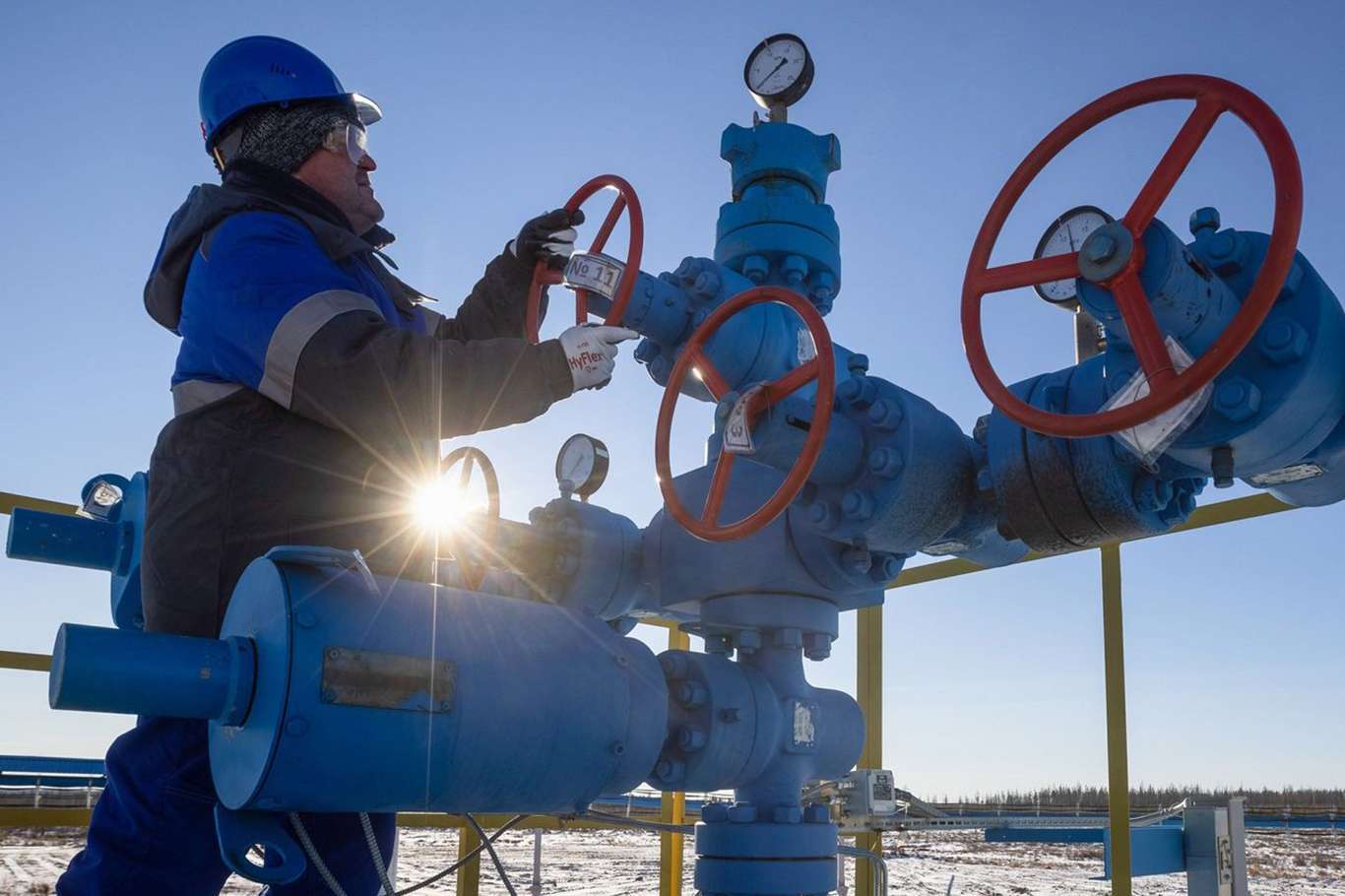Lithuania completely cuts imports of Russian energy imports


Lithuania decided to completely cut imports of Russian energy supplies, including oil, electricity, and natural gas, the Minister of Energy said.
“Not only it is an extremely important milestone for Lithuania in its journey towards energy independence, but it is also an expression of our solidarity with Ukraine. We must stop financing the Russian war machine,” Dainius Kreivys said.
He also emphasized that “Lithuania will achieve full energy independence when it successfully implements synchronization, meets its electricity needs through local green energy production, and becomes an electricity exporter.”
Lithuania's gas needs are endured via the Klaipėda LNG terminal with cargoes from the US, its electricity needs are met through local power generation and imports from EU countries through existing interconnections with Sweden, Poland, and Latvia, while Orlen Lietuva, the only oil importer in Lithuania, refused to import Russian crude oil more than a month ago. (ILKHA)
LEGAL WARNING: All rights of the published news, photos and videos are reserved by İlke Haber Ajansı Basın Yayın San. Trade A.Ş. Under no circumstances can all or part of the news, photos and videos be used without a written contract or subscription.
Production in Türkiye’s construction sector surged by 28.0 percent on an annual basis in October 2025, according to data released on Monday by the Turkish Statistical Institute (TurkStat).
The number of paid employees in Türkiye increased by 1.0 percent on an annual basis in October 2025, according to data released by the Turkish Statistical Institute (TurkStat) on Monday.
Zabihullah Mujahid, the chief spokesman for the Islamic Emirate of Afghanistan, announced that a recent World Bank report points to growing economic stability in the country, highlighting a notably low inflation rate projected for 2025.
President Recep Tayyip Erdoğan pledged that Türkiye will bring inflation down to single digits, emphasizing that the government’s economic roadmap is already yielding positive signs.